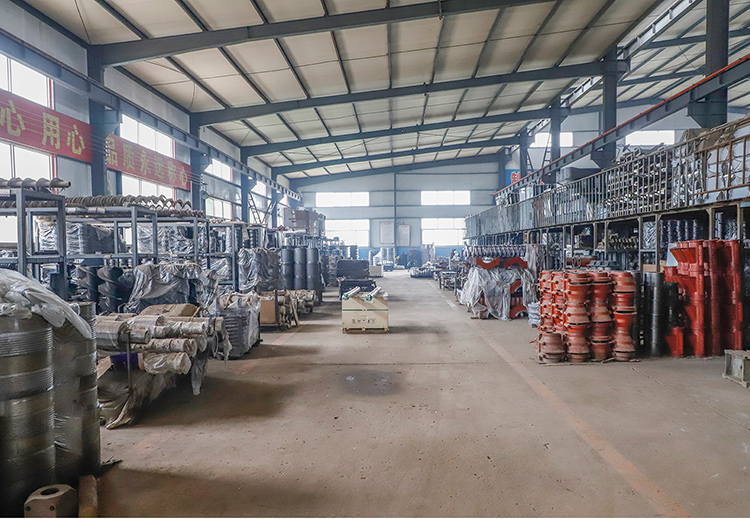Dec . 29, 2024 04:18 Back to list
flaxseed oil refining line exporter
Exploring the Flaxseed Oil Refining Line Exporter
Flaxseed oil, derived from the seeds of the flax plant (Linum usitatissimum), has been recognized for its myriad health benefits and culinary uses. As the global demand for healthy oils continues to surge, the refining of flaxseed oil has emerged as a vital sector within the larger edible oil industry. This article delves into the significance of flaxseed oil refining lines, focuses on key exporters in the market, and discusses the benefits associated with this oil.
The Importance of Flaxseed Oil
Flaxseed oil is celebrated for its high omega-3 fatty acid content, particularly alpha-linolenic acid (ALA), which has been linked to various health advantages including improved heart health, reduced inflammation, and enhanced skin health. Additionally, flaxseed oil contains lignans, which have antioxidant properties and may promote hormonal balance.
Due to these benefits, the demand for flaxseed oil has grown globally. However, the crude oil extracted directly from flaxseeds may not be suitable for immediate consumption or long-term storage due to its high levels of impurities and unstable compounds. This is where flaxseed oil refining comes into play.
The Flaxseed Oil Refining Line
The refining process of flaxseed oil involves several vital stages, including degumming, neutralization, bleaching, and deodorization. Each stage is crucial for producing high-quality oil that preserves its beneficial properties while ensuring safety and stability.
1. Degumming This stage removes phospholipids and other impurities from the oil, which can affect both the oil's taste and appearance. Water or acid is usually added to facilitate this process.
2. Neutralization During this phase, free fatty acids are removed to help stabilize the oil. This process typically involves reacting the oil with an alkaline solution.
3. Bleaching This step involves the removal of pigments and other undesirable compounds to produce a lighter, more appealing oil. Activated clay or bleaching earth is often used.
4. Deodorization The final stage of refining eliminates unpleasant odors and flavors, resulting in a neutral oil that is suitable for culinary applications. This is achieved through steam distillation under vacuum conditions.
flaxseed oil refining line exporter

Key Exporters of Flaxseed Oil Refining Lines
The market for flaxseed oil refining lines is thriving, with several countries becoming notable exporters of this technology.
1. China As one of the largest manufacturers of edible oil processing equipment, China has a strong foothold in the flaxseed oil refining industry. Chinese companies export a wide array of refining lines tailored to different production capacities, ensuring that customers can find a suitable solution for their specific needs.
2. India India is another prominent exporter of flaxseed oil refining equipment, leveraging its expertise in agricultural machinery and food processing technologies. Indian companies are known for producing cost-effective and efficient refining lines that cater to both small-scale and large-scale operations.
3. United States The U.S. is home to advanced food processing technology developers and exporters. Companies here focus on creating state-of-the-art refining lines integrating the latest innovations in automation and efficiency, ensuring high-quality output with reduced waste.
4. European Countries Countries such as Germany and Italy also play significant roles in the flaxseed oil processing sector. Their equipment is renowned for precision and durability, often meeting stringent regulatory requirements found in European markets.
Benefits of Investing in Flaxseed Oil Refining Lines
Investing in flaxseed oil refining lines offers numerous advantages, especially for businesses aiming to enhance their product offerings. First, refined flaxseed oil has a longer shelf life compared to unrefined oil, making it more appealing to consumers and retailers. Additionally, the refining process improves flavor and odor, enhancing its culinary applications.
Moreover, refined flaxseed oil supports health-oriented product lines. As consumer awareness of nutritional benefits heightens, businesses that produce and market refined flaxseed oil can capitalize on this trend, leveraging it for health-conscious consumers.
Conclusion
As the demand for flaxseed oil continues to rise, investing in flaxseed oil refining lines is a strategic move for businesses looking to thrive in the edible oils market. Key exporters such as China, India, the United States, and select European countries are paving the way with innovative technologies that promise quality and efficiency. The health benefits of flaxseed oil, coupled with its culinary versatility, position it as a significant player in the health food landscape, ensuring a bright future for those involved in its production and refining.
-
LZY-206 Double Screw Cold Oil Press – Maximize Yield, Preserve Nutrients
NewsAug.21,2025
-
Efficient Black Seed Oil Expeller & Multi-Seed Oil Press
NewsAug.19,2025
-
HP 120 Model Cold Oil Press-Hebei Huipin Machinery|Energy Efficiency, Multi-Functionality
NewsAug.18,2025
-
HP 120 Model Cold Oil Press-Hebei Huipin Machinery|Oil Extraction, Multi-Functional
NewsAug.18,2025
-
HP 120 Cold Oil Press - Hebei Huipin | Automation & Efficiency
NewsAug.18,2025
-
Safflower Oil Press Service: Efficient & Quality Extraction
NewsAug.18,2025
